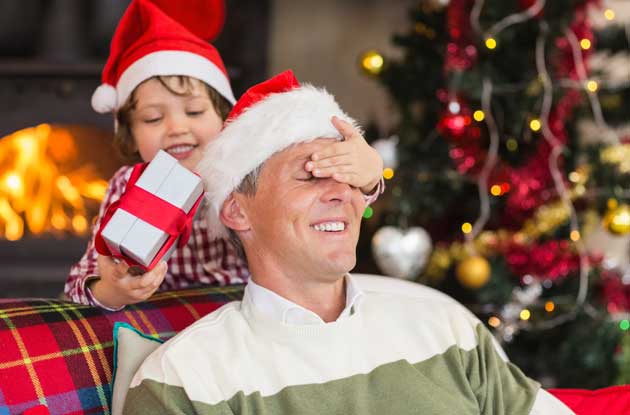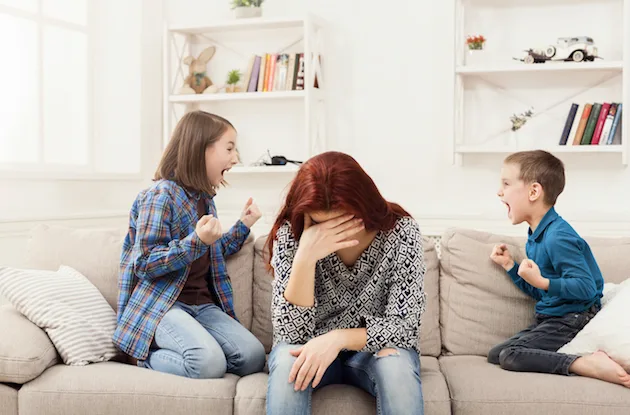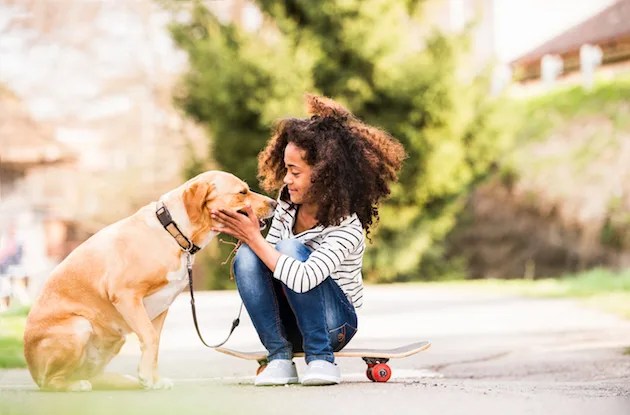The other night, my oldest daughter came down a while after bedtime, crying hysterically. Why? When she could finally catch her breath and get words out, her answer was chilling: “I keep thinking of Nazis with torches.”
It is a scenario that I never thought I’d need to address with my children, but her fear is one that is horrifyingly rational this week. I had struggled with whether to discuss the events in Charlottesville, Va., with her. We’ve talked about the Newtown school massacre and various terrorist attacks, and those were when she was somewhat younger. Then we passed a peace vigil near our house on Monday night, and in response to her queries about what was happening, I told her a bit about the white supremacist rally and the violence that ensued. (With my younger kids, there was no doubt: This was not something we’d talk about unless they asked us directly about something they’d heard.)
My daughter didn’t say much when I first described, briefly, what had happened. But here I was, more than 24 hours later, needing to figure out what to say.
“How do we know they won’t come here?” she asked that night. I know she is aware her grandfather—my wife’s father—was a child survivor of the Holocaust, someone who at an age similar to hers lost his entire immediate family to Nazis. I am guessing this was on her mind that night, and neither my wife nor I knew what to say in that moment.
During the next few minutes, I tried several tacks from which I ended up retreating. My first natural instinct was to assure her they would not come to our city, our neighborhood. But can I really assert that as fact with any honesty? With nine far-right rallies planned this weekend—one here in New York—there is no way I can say that white supremacist threats would remain at a distance.
It’s much easier to calm our kids’ fears of monsters under the bed or the thunder rattling the house. We know the former is not real and the latter will not hurt us. We can hold our kids tight and play the savior, assuring them they are safe and we are here to help them banish their fears and get back to sleep.
This is different, as so much else seems to be these days. We grown-ups are ourselves struggling to deal with our own fears and trying to process how we’ve come to the place where fears of neo-Nazis with torches and guns here in the U.S. are entirely realistic. And this is not from some paranoid fringe. As I’ve been processing the incident with my daughter, a Facebook friend who is not prone to extremes or hysterics posted, “Last night, I had a nightmare involving men in white outfits marching with burning torches on a dark street and a bonfire with babies being thrown in.”
So we are called on to reassure our kids even as we seek reassurance ourselves. Our own quest may seem to be in vain sometimes, but we cannot fail to offer comfort to our children, even as we cannot lie to them and give them false hope either. I wasn’t a parent when the Sept. 11 attacks happened, but I imagine the challenge was similar: This was (and is) not some distant conflict, but rather the reality in our own cities.
In the end, we told my daughter more about the outpouring of opposition to the white supremacists in Charlottesville. We told her about the political leaders who have so forcefully stood on the side of what’s right, despite what we’ve heard and not heard from our president. We told her about the communal organizations that exist to counter hate and protect the victims of it. We told her about a vigil just blocks from our house, which we unfortunately could not attend, at which several hundred of our neighbors rallied against hate and for peace and justice. We told her we cannot control everything in our world, but we can control some things: We can work to make the world a better place, to love and be kind, and to fight for justice for everybody.
We talked for a long time that night. Once calmed down, she pivoted quickly to another topic on her mind: “How is Donald Trump president if Hillary got more votes?” Suddenly, we were talking electoral college, and unsurprisingly, that eventually bored her enough that she was able to go to sleep. But the change of topic was telling; she gets it, that there is a connection between what happened in Charlottesville and what is happening—and who is working in—the White House.
This conversation ended with her successfully calmed, for the moment at least, her fears put off for another day, most likely, rather than banished outright. But for me and my wife, it was unsettling, to say the least, another layer of anxiety on top of all the anxieties the news cycle has already been sparking in us.
We need to be honest with our kids without being too honest—we cannot lie to them, and yet we cannot let them despair. Know your kids and what they can handle, and always modulate responses based on their age and personalities. Try to answer their questions, and only their questions, directly and concisely, without adding more than is neccessary.
I am left with just this: a hope that we can all heed the words I stumbled upon in that conversation and work together with the next generation to make this world a better, more just, more love-filled, safer place.





















